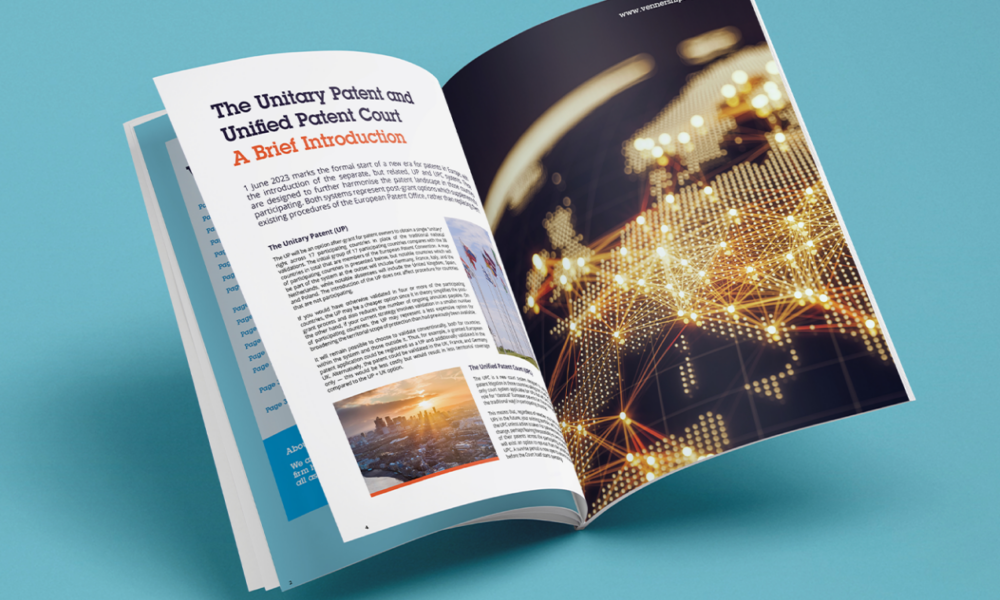
The Unitary Patent (UP) & Unified Patent Court (UPC)
It is increasingly likely that the Unitary Patent (UP) and Unified Patent Court (UPC) will commence on 1 June 2023. The new system will represent the most wide-ranging change to the European patent system since the adoption of the European Patent Convention in 1977, offering a process for obtaining a unitary patent right in multiple European jurisdictions, and the chance to litigate patents in those countries in a single procedure.
The UP/UPC is a new package of options bolted on to the current European patent system. Here are the key points:-
- The European Patent Office’s existing role is unchanged. The UP/UPC should complete a harmonisation process that has remained partial since the founding of the European patent system. The key to originally achieving this partial harmonisation was to create a distinction between pre-grant and post-grant proceedings. The European Patent Office (EPO) was set up to handle prosecution up to grant, and has a limited role post-grant (with the significant exception being the third party Opposition procedure, which is unaffected by the introduction of the UP/UPC system). The UP/UPC is designed to complete harmonisation by addressing post-grant issues, and so does not affect the EPO’s existing role. The EPO will have a new role maintaining the register of UPs, and is interested in the development of the European patent system, but users of the EPO will see no change in the prosecution procedure up to grant.
- There is no change to the ability to obtain or enforce patents in countries that are not participating in the UP/UPC system. 17 countries are likely to take part in the UP/UPC system when it starts. This means that the majority of the 38 European Patent Convention nations will not be part of the system, at least initially. The countries not taking part include a mixture of EU and non-EU nations – amongst them the UK, Spain & Poland – the route for obtaining patents in those countries through the EPO process remains the same, as does enforcement through the relevant national courts.
- The transition period has no consequence outside of the participating states. The transition period allows a soft start to the use of the UPC, ensuring patent proprietors retain the option to use existing courts in UPC participating countries if they prefer for a limited period (7 years initially, although there is the possibility for this to be extended). However, while this does mean that after the period ends, the new system will be somewhat more rigid, this transition only applies to countries participating in the UP/UPC system. There will be no change to the routes to grant (including via the EPO) in European countries not participating in the UP/UPC, or indeed to post-grant litigation procedures in those countries, once the transition period ends.
For more information on the Unitary Patent & Unified Patent Court and what you should do next, please contact Anton Hutter, a UK & European patent attorney (ahutter@vennershipley.co.uk) based in Stirling House on the Surrey Research Park.
Venner Shipley is a leading firm of European IP professionals across six European offices. Our team of 94 attorneys and lawyers come from diverse academic backgrounds, with graduate and postgraduate qualifications in all of the major scientific and technical disciplines. In addition to the firm’s patent and trade mark prosecution services, clients can draw upon our full-service offering, including a legal team. When called upon, the legal team is on hand to work alongside the firm’s patent and trade mark attorneys to advise on, for example, patent and trade mark enforcement, data protection, copyright, confidentiality and collaboration agreements, and licences.